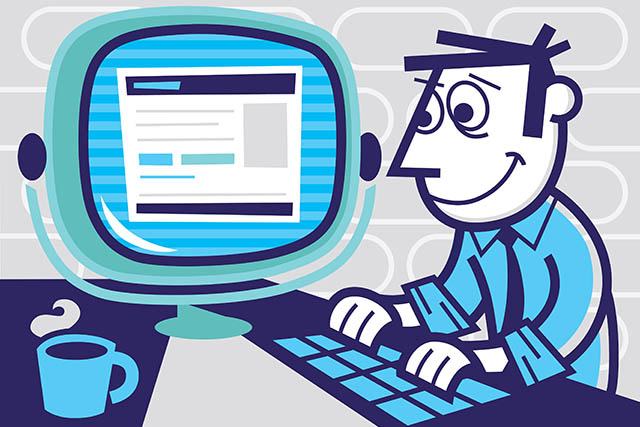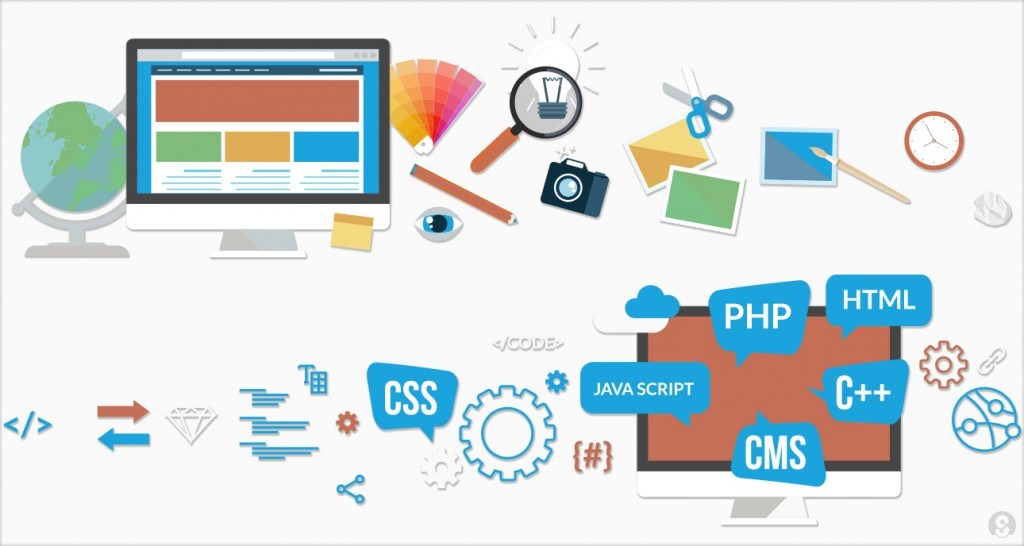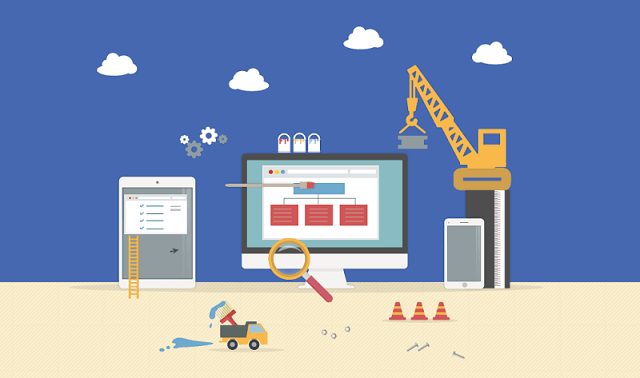Website user experience (UX) is something that most small businesses don’t focus on. They tend to quickly create a website and launch it without thinking about how it impacts their brand. However, in order to allow your website to become an asset to your business, you need to consider personalization.

Why Personalization Matters
We all love it when things are personalized to our preferences. That’s why we enjoy buying tailored clothing, working with architects to create custom floor plans, and choosing custom features when purchasing a new vehicle.
From a business perspective, it’s important that you recognize the desire for personalized shopping and let these principles drive your website design and development. The problem is that investing in a personalized website is often viewed as too challenging.
“Delivering personalized shopping experiences at scale—to thousands or hundreds of thousands of prospects and current customers—requires leveraging sophisticated data sets, processes, and technologies,” e-commerce expert Kathy Kimple says. “That can feel overwhelming.”
Personalization is how people sift through the overabundance of information that exists in the marketplace and make educated purchase decisions. And while it may feel overwhelming on the surface, it’s something you have to deal with. Kimple points to a study in which 31 percent of executives say personalization is among their top three priorities. If it’s not one of your major focuses, it’s possible that you’re out of touch with your target market.

Personalizing Your Site
But how can you personalize your website in a tangible manner that delivers a high return on your investment? Here are a few strategies that leading websites are using:
1. Implement relevant filtering features
If you sell a large number of products on your website, give visitors relevant filtering features that simplify the search process and make it easier for them to find what they’re looking for.
The website for “Garden Delights” is a good example. Because the company sells plants that are often dependent on certain climates, it’s imperative that customers know whether or not the item they want to purchase will thrive where they live. That’s why Garden Delights uses locational tracking to identify where the customer is accessing the page from and then provides a “Garden Zone” number that’s used to show which plants work in the respective ZIP code.
2. Provide suggestions
You may try to avoid cookies after dinner, but when it comes to the internet, they are a good thing. Website cookies are little bits of information that your site collects from individual visitors. This information can then be leveraged in the future to provide personalized shopping experiences that are tailored to individual users based on past behavior.
Amazon.com is the king of using cookies. Have you ever noticed that after shopping for a certain item, you constantly get suggestions for similar items? Amazon isn’t telepathic, it just has a system that can make accurate predictions based on your search history.

3. Humanize contact information
Put yourself in the shoes of your customers for a moment. If you had a time-sensitive problem and needed help, which of the following email addresses would you rather send a message to: john@yourcompany.com or customerservice@yourcompany.com. Most people would choose the first one, right? People would also rather have a phone number to a direct individual, as opposed to winding their way back through a chain of automated prompts.
On your website, be sure to humanize your contact information. If nothing else, this builds trust with your customers and makes them realize that there are real people behind the brand.
Make Website Personalization a Priority
You need to stop looking at website personalization as an optional investment. As time passes and internet users become more sophisticated in their tastes and needs, they’re starting to expect a high level of personalization from the companies and websites they use. Satisfying these expectations is paramount to future success.
Source: AllBusiness
